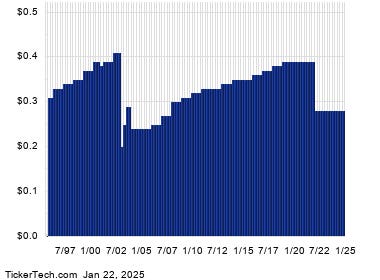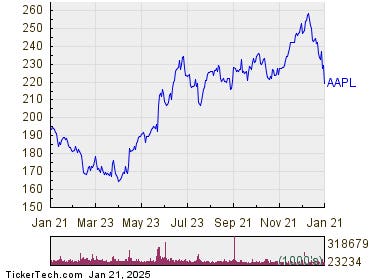Corrected, Sept. 27, 2024: This post has been updated to fix the name of the Jewish Future Promise. A previous version of this post mistakenly used its former name, the Jewish Future Pledge.
In an era of mounting global challenges and widening wealth gaps, a quiet revolution is reshaping the landscape of philanthropy. The Giving Pledge, a brainchild of billionaire titans Bill Gates and Warren Buffett, is not just changing how the ultra-wealthy approach charity—it’s setting a new gold standard for global giving. At its core, the Giving Pledge is deceptively simple: it asks the world’s wealthiest individuals to commit the majority of their wealth to philanthropic causes. But don’t mistake simplicity for lack of ambition. This “moral commitment” has snowballed into a global movement, with 244 signatories from 30 countries as of July 2024.
“We’re not just talking about checkbook philanthropy,” says Bill Gates. “The Giving Pledge is about creating a community of givers, fostering innovation in charitable giving, and ultimately, changing the social norms around wealth and responsibility.”
The numbers are staggering. When the pledge launched in 2010, the first 40 signatories represented a combined wealth of $125 billion. Today, with names like Mark Zuckerberg, Elon Musk, and MacKenzie Scott on the roster, the potential impact is almost incalculable. But it’s not just about the zeros. The Giving Pledge is fostering a new approach to philanthropy:
Earlier Engagement: Encouraging the wealthy to start their philanthropic journey sooner rather than later.
Smarter Giving: Facilitating knowledge exchange to maximize the impact of every dollar donated.
Catalytic Capital: Focusing on areas where traditional funding falls short, acting as a catalyst for change where it’s needed most.
Recognizing that true change is a marathon, not a sprint, the Giving Pledge has launched a Next Generation group. This initiative ensures that the children and grandchildren of signatories are equipped to carry the torch of impactful giving into the future. “We’re not just changing how people give today,” explains a member of the Next Gen group. “We’re building a legacy of philanthropy that will shape societies for generations to come.” The path of the Giving Pledge hasn’t been without its bumps. The removal of FTX founder Sam Bankman-Fried following his arrest, and the departure of T. Denny Sanford amidst legal troubles, serve as stark reminders that even in philanthropy, due diligence is crucial.
The impact of the Giving Pledge extends beyond its immediate signatories. It has inspired similar initiatives, such as the Jewish Future Promise, which encourages American Jews to dedicate at least half of their charitable giving to Jewish or Israel-related causes.
As we navigate a world grappling with technological disruptions, geo-political strife and the aftermath of a global pandemic, the role of philanthropic capital can play an even greater part in transforming challenging situations. The Giving Pledge stands at the forefront of this new era of giving, challenging the wealthy to think bigger, give smarter, and act faster.
“In the end,” concludes a Giving Pledge signatory, “it’s not about how much you have, but how much you’re willing to give back. That’s the true measure of wealth.” As the Giving Pledge continues to grow and evolve, one thing is clear: the face of philanthropy is changing, and the impact could reshape our world for the better.
Read the full article here











